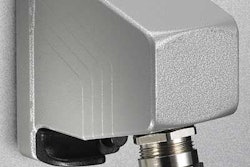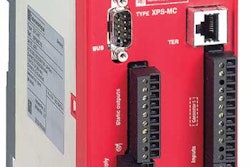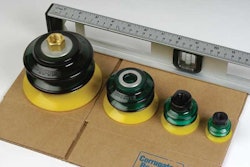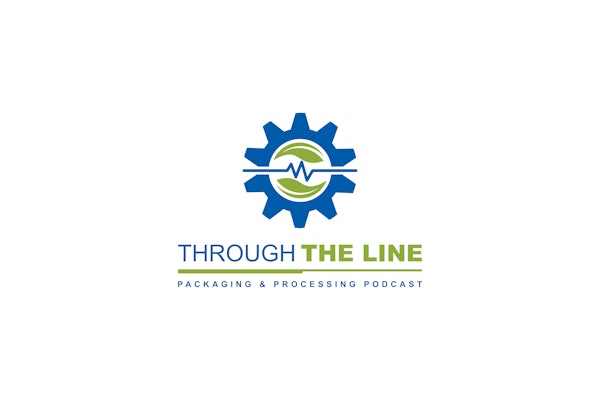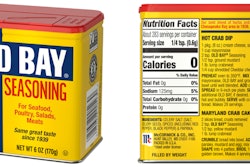The promotion, according to a press release from the Atlanta-based beverage giant, “marks the first time in the U.S. that cans of Coca-Cola have been infused with cutting-edge technology.” Specifically, more than 100 special plastic cans included a global positioning system (GPS) transponder and cellular phone. Consumers could find the cans in specially marked 12-, 18-, 20-, or 24-pack paperboard multipacks of various Coca-Cola flavors filled in 12-oz aluminum cans. Components for the plastic can were preassembled and sent to a fulfillment-sweepstakes house for insertion into selected packs.
When a consumer found such a can, a button on the can activated a subscriber identity module (SIM) card. The can could be used as a cell phone that worked with the GPS transponder. The winning can location could be tracked by visiting www.unexpectedsummer.com. Prizes included cash, a home entertainment center, and a sport utility vehicle.
“Everybody loves summer, with the promise of new and unexpected moments that we remember forever,” said Steven Schiller, group director, Coca-Cola Brand Business Unit, Coca-Cola North America, in a press release. Coca-Cola management realized some unexpected moments when, before the promo concluded, Associated Press wire reports were picked up by the media with headlines such as “Coke a national security threat?” and “Military on alert for Coke’s chip contest.”
Military concerns came from Wright-Patterson Air Force Base in Dayton, OH, and the U.S. Army Armor Center in Fort Knox, KY. A report on www.cnn.com said the bases were asking personnel to examine their Coke cans before bringing them into classified meetings. The report indicated that personal electronic devices are not permitted in some buildings and areas on the bases for safety and security reasons.
The CNN Web report quoted Bruce Don, a senior analyst with Rand Corp., as saying, “There’s a lot of reason to worry about how that technology could be taken advantage of by a third party without Coke’s knowledge. I wouldn’t worry if one was in my refrigerator, but if you had a sensitive discussion or location, it’s not inconceivable the thing could be used for something it was not designed for.”
When asked by Packaging World for an update, Coca-Cola spokesperson Mart Martin said he felt the media blew the story out of proportion. “It was a good promotion. The can is completely different from the real aluminum cans. It has a recessed panel, a big button, and a false lid. There was never a problem with the can or any intense crisis in the military.” He said the promo can cannot be used as an eavesdropping device.
Paul Saffo, research director at The Institute for the Future, a technology research firm, said in the CNN Web story, “There are things generals should stay up late at night worrying about. A Coke can isn’t one of them.”



